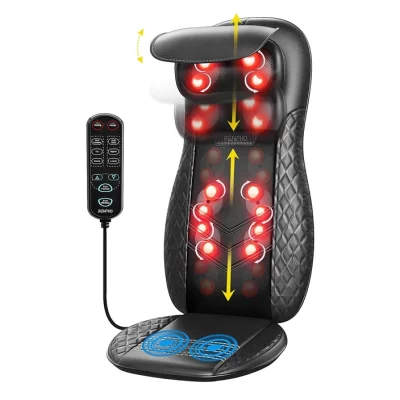Brain food? Maybe you felt weird when you read the title and wondered, “Does the brain eat?” Not clearly, but it needs some nutrients in order to work effectively. What you consume can also have an impact on your mood, memory, and mental health. So, let’s look at some of the healthiest meals for your brain and why they’re so beneficial, but first let’s have a closer look at how food affects our mental health.
Brain food, the relationship between the food and the brain
Did you know that your diet may influence your mood and mental health? Several studies have suggested a relationship between food and mental health. The following are some of the key findings:
– Unhealthy diets, such as processed, sugary, and fatty meals, might raise your risk of depression and anxiety. They can also create inflammation in your body and brain, leading to a variety of mental illnesses.
– Deficits in nutrients, such as omega-3 fatty acids or B vitamins, can also contribute to depression. These nutrients are required for the synthesis of neurotransmitters, which control your emotions.
– Another significant factor in your mental health is your gut health. The gut-brain axis allows your gut microbiota to create neurotransmitters and connect with your brain.
– For instance, low blood sugar could also make you tired, depressed, or irresistible because your brain and body don’t get enough energy to work because the sugar (glucose) represents the brain fuel.
To follow that healthy mind in a healthy body Renpho’ s smart scale will help you know more about your body, making it easier for you to get a healthy body and a healthy mind.
Brain food; good food to choose
Healthy fats as a brain food

Because they offer vital nutrients that assist brain function, healthy fats are regarded as a type of “brain food.” Walnuts, flaxseeds, and fatty fish (like salmon) are sources of omega-3 fatty acids, which are particularly good for the brain. These fats improve cognition, memory, and learning while also strengthening brain cell membranes and lowering inflammation. Aside from nuts, avocados, and olive oil, other healthy fats like these also provide elements that assist brain function. These fats can improve brain function when included in your diet.
Drinks as brain food

Water provides nutrients and oxygen to your brain and eliminates waste, so being hydrated is crucial for your mental and emotional health. Your memory, attention, and mood could be impacted by dehydration. Aim to consume at least 8 glasses of water each day. Also,green tea contains antioxidants that protect your brain cells from deterioration. Caffeine, which is present in coffee, increases attention and alertness.
Protein as a brain food

Did you know that protein is crucial for the health of your brain? Your body uses proteins as the building blocks for hormones and neurotransmitters, among other compounds, in the brain. These substances have an impact on your motivation, memory, and learning capabilities. You can maintain steady blood sugar levels, prevent mood swings, and satisfy cravings by consuming adequate protein. Lean meat, chicken, eggs, dairy products, beans, lentils, tofu, and quinoa are a few mouth watering and nutrient-dense sources of protein. To increase your mental capacity, try to incorporate some protein into all of your meals and snacks.
Prebiotics and probiotics

Do you want to improve both your health and your mood at once? Then try to include prebiotics and probiotics in your diet! These gut-dwelling beneficial microorganisms have an impact on how your brain works. Probiotics are live microorganisms, whereas prebiotics nourish the probiotics. They lessen inflammation and stress and aid in the production of serotonin, the “happy hormone.”
Carbohydrates

Carbs are great for you! They provide you with the energy you need to think and take action. The increase in serotonin and tryptophan in your brain causes you to feel happier and more at ease. However, you need to choose your carbs wisely. Choose complex carbs like whole grains, fruits, vegetables, and legumes that are high in fiber and low in sugar. These will curb your hunger and maintain steady blood sugar levels. Avoid simple carbs like white bread, pasta, rice, cakes, cookies, and sweets since they are devoid of nutrition and packed with sugar. These will ruin your mood and make you need more food.
There are many foods that could be considered brain foods, which will help you feel more alert, calm, and positive. Try to eat regularly and avoid skipping meals or binge eating. Remember that moderation is key and that occasional treats are fine as long as they don’t become a habit.




1 Comment
[…] time to mental health activities, such as mindfulness, meditation, or counseling, to manage stress and improve emotional […]